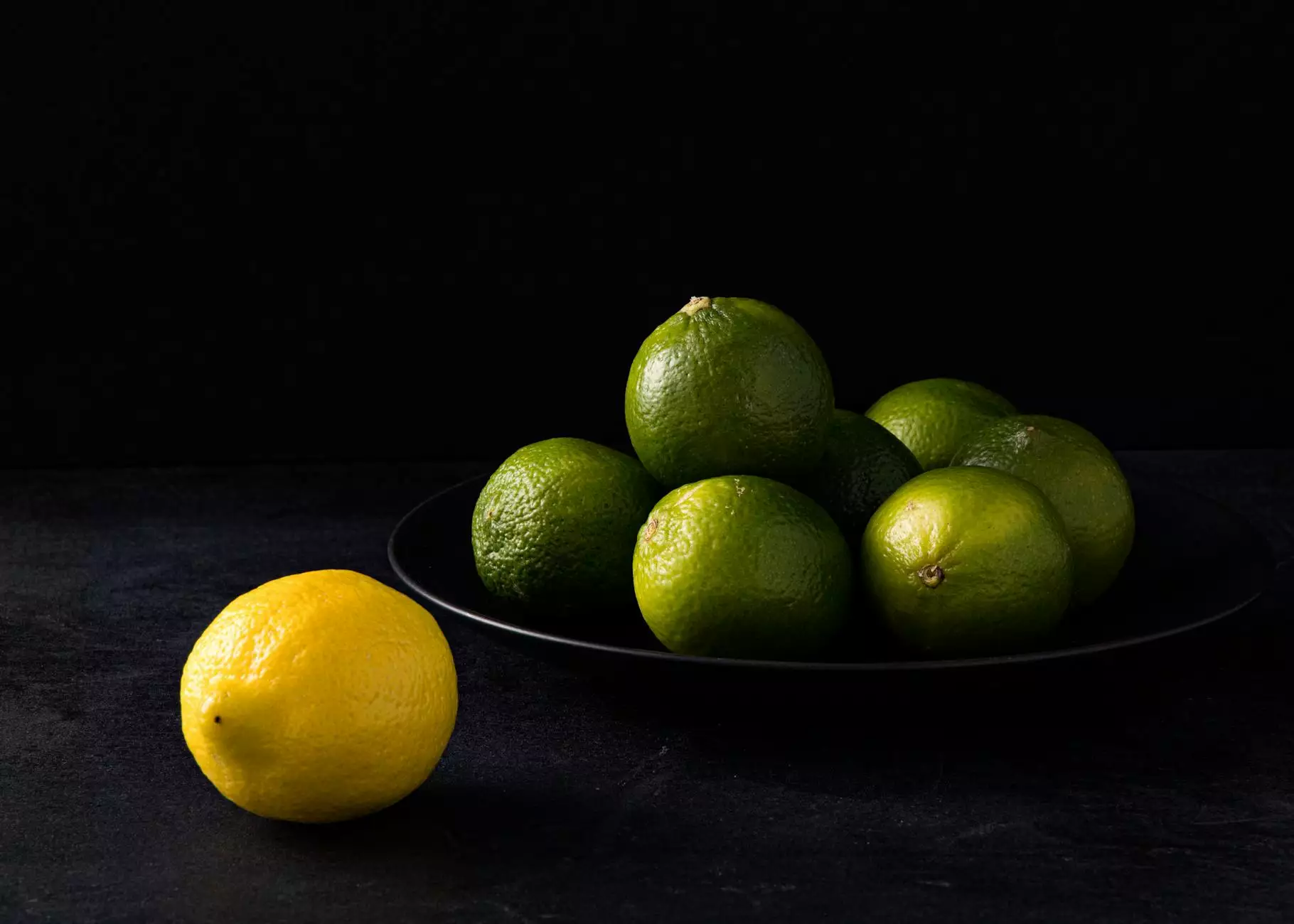The Ultimate Guide to Teeth Guards for Grinding Teeth

Teeth grinding, medically known as bruxism, is a common condition that affects many individuals. The consequences of bruxism can be detrimental not only to your dental health but also to your overall well-being. Fortunately, teeth guards for grinding teeth offer a solution that can help mitigate these issues. This comprehensive guide will explore everything you need to know about teeth guards, their benefits, types, and how to choose the right one for you.
Understanding Teeth Grinding
Bruxism can occur unconsciously, often during sleep or while awake. Many individuals are unaware that they grind their teeth until they experience symptoms, which may include headaches, jaw pain, and damaged teeth. Understanding the causes of bruxism is essential to finding effective solutions.
- Stress and Anxiety: Many people grind their teeth as a response to stress or anxiety. This habitual behavior can be an unconscious coping mechanism.
- Alignment Issues: Misaligned teeth or dental issues may lead to bruxism, as the teeth do not fit together properly during biting or chewing.
- Sleep Disorders: Conditions like sleep apnea can increase the likelihood of teeth grinding during sleep.
- Caffeine and Alcohol: Excessive consumption of caffeine and alcohol can heighten the risks associated with bruxism.
The Importance of Teeth Guards
Tooth wear, jaw disorders, and severe headaches are just a few consequences of untreated bruxism. This is where teeth guards for grinding teeth come into play. They serve as a barrier between the upper and lower teeth, significantly reducing the damage caused by grinding. Here are some key benefits of using a teeth guard:
Protects Your Teeth
The primary function of a teeth guard is to create a protective layer. This barrier prevents direct contact between your teeth, thus minimizing wear and tear. It can extend the lifespan of your dental work and help prevent tooth loss.
Reduces Jaw Pain
Using a teeth guard can relieve the pressure on your jaw muscles, reducing pain and discomfort. By alleviating tension, it may also help reduce headaches associated with bruxism.
Improves Sleep Quality
For many, grinding occurs during sleep, leading to disrupted sleep patterns. Wearing a guard can minimize grinding noises and disturbances, allowing for improved sleep quality.
Customizable Options
Teeth guards are available in various types, including over-the-counter options and custom-fitted models. Custom guards are molded to your teeth, ensuring maximum comfort and effectiveness.
Types of Teeth Guards
Understanding the different types of teeth guards is crucial for determining which option is best for your specific needs. Here are the main categories:
Over-the-Counter (OTC) Teeth Guards
- Universal Fit: These are pre-made guards that can fit multiple users but might not offer the perfect fit for everyone.
- Boil-and-Bite: These guards can be softened in hot water and then molded to fit your teeth more comfortably.
Custom-Made Teeth Guards
For superior comfort and effectiveness, custom-made guards are highly recommended. A dentist takes an impression of your teeth, creating a guard specifically tailored to your mouth.
- Hard Guards: Best suited for severe bruxism, providing maximum protection against grinding.
- Soft Guards: More comfortable and flexible, ideal for mild cases.
Choosing the Right Teeth Guard
Selecting an appropriate teeth guard for grinding teeth involves several considerations:
Consult with Your Dentist
Your dentist is the best resource for advice on managing bruxism. They can recommend the most suitable type of guard based on the severity of your condition and any underlying dental issues.
Types of Materials
Teeth guards can be made from various materials, including:
- Hard Acrylic: Durable and provides strong protection, usually recommended for severe cases.
- Thermoplastic: This material can provide a comfortable fit and is commonly used for soft guards.
Comfort and Fit
The comfort of the guard is paramount since you may need to wear it for extended periods. Ensure that you choose a guard that fits well and does not cause irritation.
Maintaining Your Teeth Guard
Proper care and maintenance of your teeth guard can prolong its lifespan and ensure effectiveness.
Cleaning Your Guard
- Daily Rinse: Rinse your guard with warm water before and after use.
- Brush Gently: Use a soft toothbrush to clean your guard. Avoid toothpaste which can be abrasive.
Storage
When not in use, store your teeth guard in a protective case to prevent damage. Keep it in a dry, cool place to avoid mold and bacteria growth.
Potential Side Effects
While teeth guards are generally safe, some users may experience side effects such as:
- Initial Discomfort: It may take time to adjust to wearing a teeth guard.
- Excessive Saliva Production: Some users notice increased saliva, but this often subsides as you get used to the guard.
Conclusion
Teeth grinding can lead to a multitude of dental and health issues, making it essential to find effective solutions like teeth guards for grinding teeth. By understanding the causes and types of bruxism, along with the appropriate teeth guards available, you can take proactive steps toward protecting your dental health. Regular consultations with your dentist and proper care of your teeth guard will further enhance your well-being. Don’t let teeth grinding dictate your life—find the right teeth guard today!









